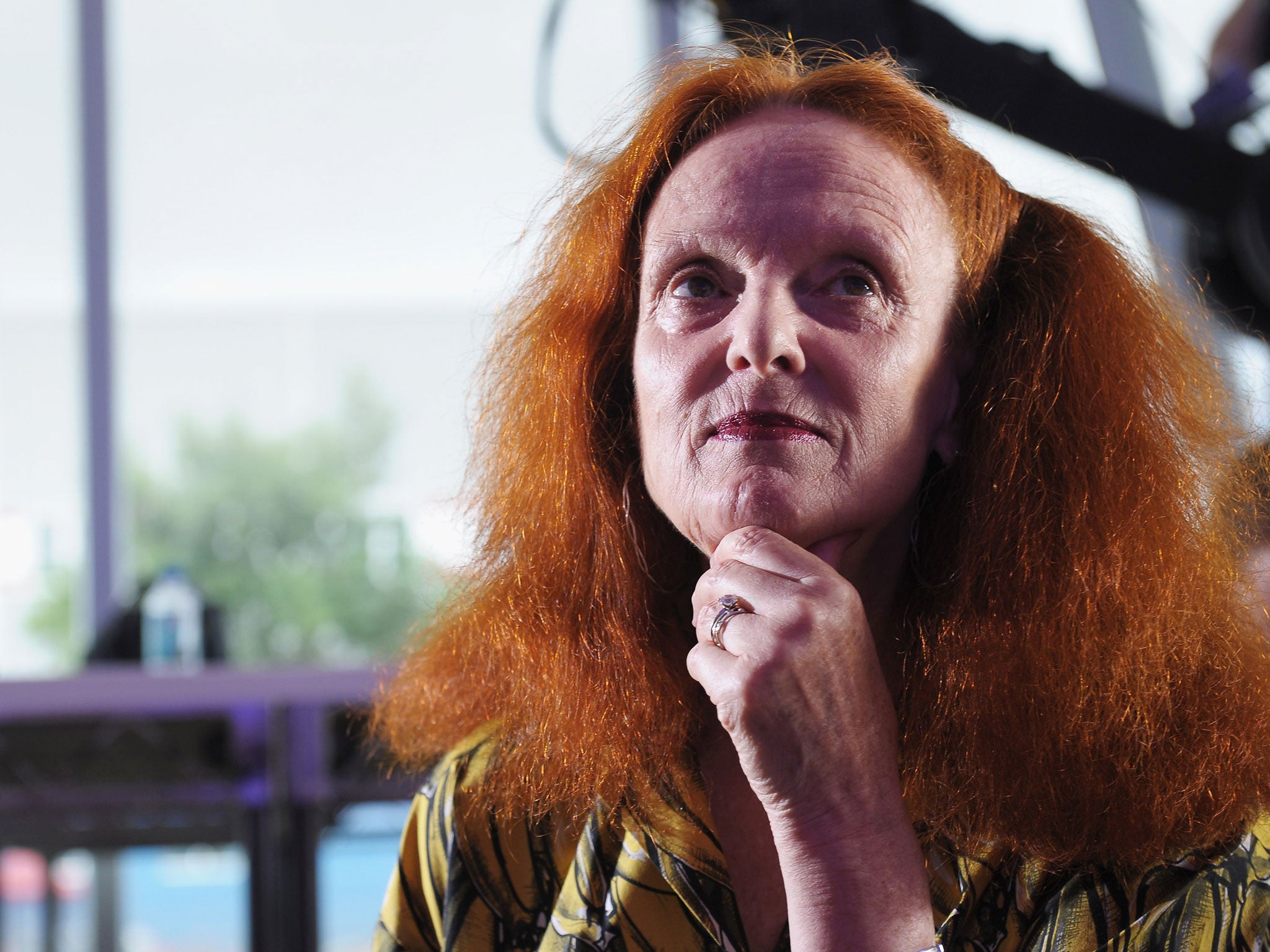IoS Books of the Year 2012: Biography and memoir
The lives of the saints and the sinned against

In an era in which memoirs seem mostly to be written by young celebrities with nothing to say, how refreshing that this year's best examples are genuinely long-awaited life stories from those who know life, and a story, when they see it. There Was a Country: A Personal History of Biafra by Chinua Achebe (Allen Lane, £20) really is the book that we've been waiting for since 1967, and the start of the Biafran War. It is the first non-fiction account of that period from the author of the novel Things Fall Apart, and as such takes a measured, long view of a confusing and ultimately pretty futile conflict. Achebe, who acted during the war as a roving ambassador for the doomed Biafran government, unpicks a sorry history. Of modern Nigeria, he concludes: "Mediocrity destroys the fabric of a country as surely as a war."
Achebe is 82 and mercifully still with us, but 2012 saw the last, posthumously published works of two fine writers. Until Further Notice, I Am Alive, by The Independent's art critic Tom Lubbock (Granta, £12.99), is a curious exercise in using words to attempt to describe the loss of words. (Lubbock died of a brain tumour in January 2011, three years after it was diagnosed.) The result is a sharp and tender meditation on life and art. Likewise, Mortality by Christopher Hitchens (Atlantic, £10.99) is a painful account of the great contrarian's last year of "living dyingly" of cancer of the oesophagus. It is not an instruction manual on how to die well, but it is reassuring, and in places bitterly funny, to see him railing against religion, hypocrisy and stupidity to the last.
Cheer up, though: not all the year's best life stories were gloomy. Patrick Leigh Fermor: An Adventure (John Murray, £25) is a roster of adventure and exuberant derring-do, compiled with the help of interviews and unpublished diaries by a friend and unashamed fan, Artemis Cooper. Fermor's wanderlust began in 1933, when he was 18 and set off across Europe on foot with only his wits – oh, and a few letters of introduction to the châtelaines of Europe – to live off. If he'd been female and born in Wales, no doubt Paddy's story would have been more like Grace Coddington's, as described in breathless, name-dropping splendour in Grace: A Memoir (Chatto & Windus, £25). Even without the unlikely Anglesey-to-American-Vogue background, the story of the only woman brave enough to stand up to Anna Wintour would be worth reading.
There are more names dropped (Al Pacino, Gore Vidal, Harold Wilson, Archbishop of Dublin) in Country Girl by Edna O'Brien (Faber, £20) – the too-strange-for-fiction life story of the author behind classics such as The Country Girls and Saints and Sinners. This memoir was also recommended as one of our audiobooks of the year (read by the author), and in the paper version, too, it is her voice – warm as well as wicked – that sings out.
In contrast, A Natural Woman by Carole King (Grand Central, £20) is a more strait-laced affair: the iconic singer and songwriter didn't take drugs or shag groupies and missed both the Monterey Pop Festival and Woodstock. Perhaps that makes her recollection of the social struggles of the Sixties and Seventies just that bit more reliable than some.
Honourable mentions must go to four books which conform to no genre: Outsider II – Almost Always: Never Quite by Brian Sewell (Quartet, £25), which finally names the names – including Salvador Dali and Anthony Blunt; Sherard Cowper-Coles's Ever the Diplomat: Confessions of a Foreign Office Mandarin (HarperPress, £20); A Card from Angela Carter (Bloomsbury, £10) – the great writer's correspondence with Susannah Clapp, with a commentary by the latter; and the journalist Masha Gessen's courageous and shocking The Man Without a Face: The Unlikely Rise of Vladimir Putin (Granta, £20).
However, the memoir of the year, and one of the most unexpectedly likeable literary autobiographies since Martin Amis's Experience was published in 2000, is Salman Rushdie's account of the period of the fatwa against him: Joseph Anton (Jonathan Cape, £25). You don't have to like Rushdie's novels – or the man himself – to feel passionately aggrieved that an author in contemporary Britain should have to spend years in hiding, with 24-hour police protection, and should have to move house as often as every three days, because he had been "sentenced to death" for supposedly criticising Islam. This surprisingly humble account of that time, and the people who helped him, is both a fascinating, personal history and a healthy reminder that we must not take freedom of speech for granted.
Join our commenting forum
Join thought-provoking conversations, follow other Independent readers and see their replies
Comments